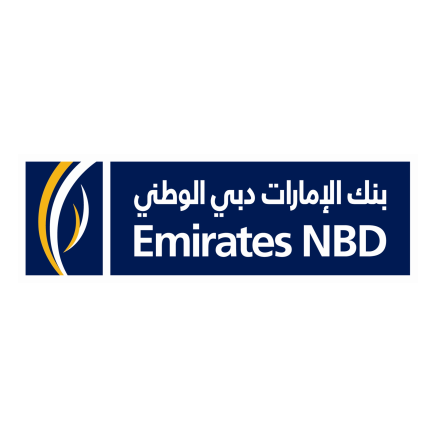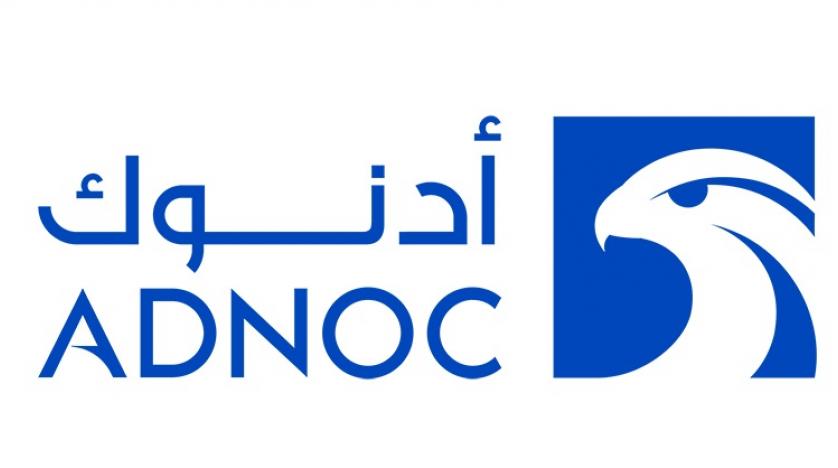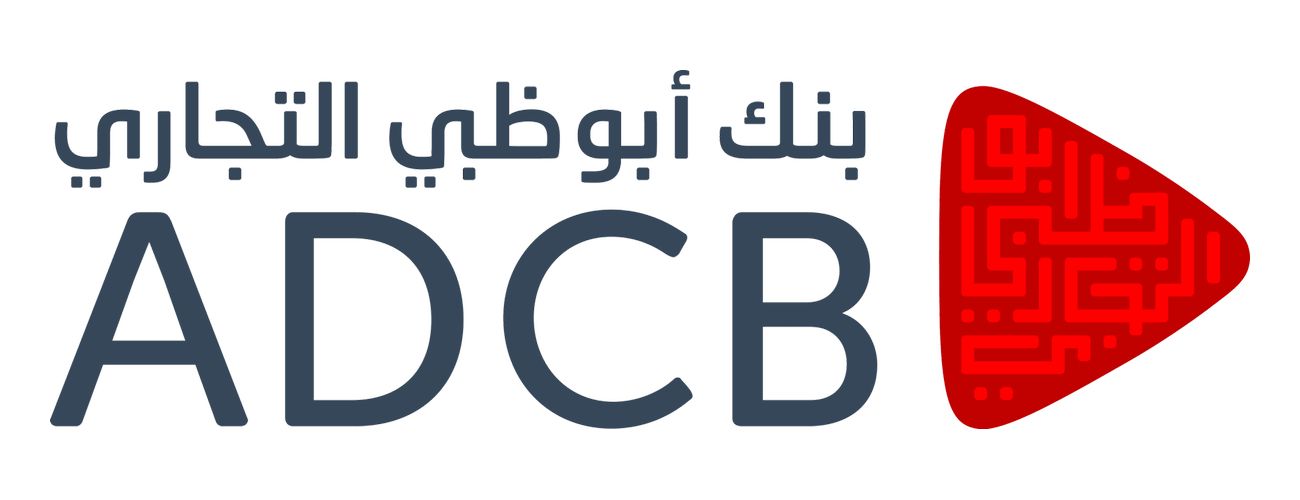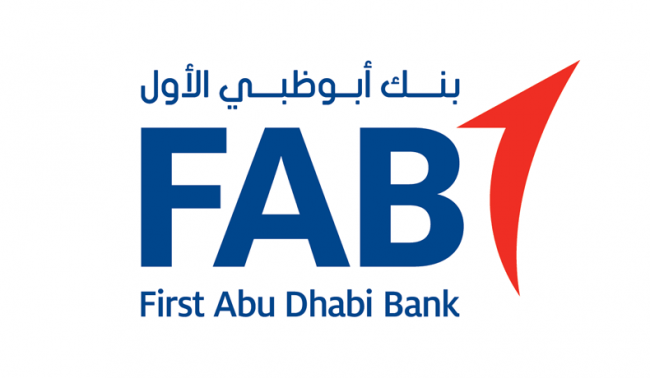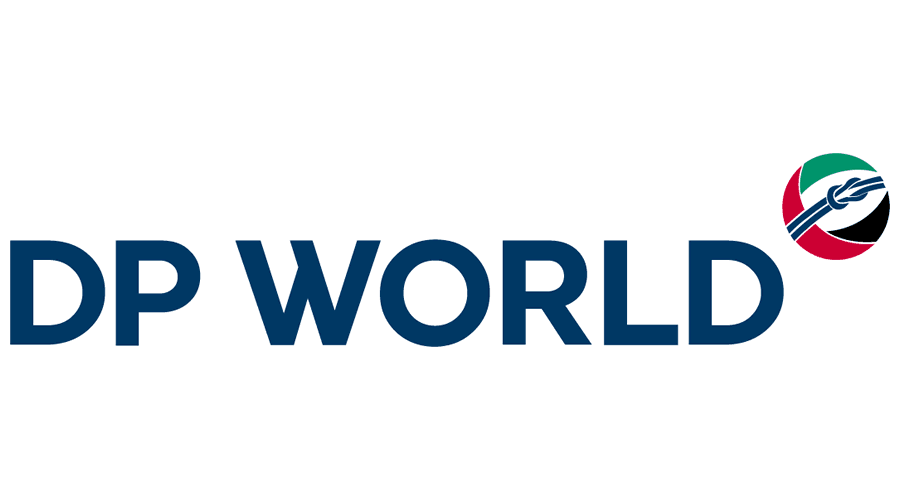How many of us can differentiate between a group and a team? Can a group be a team? We all have worked in a team, even outside our cubicles. Don’t we all live and work out things with our family or friends? It’s a form of teamwork. It’s a collective effort. So, what makes a group different from a team? Will coaching work differently for a team and a group?
There’s a subtle difference between team coaching and group coaching, but there’s a difference. We unintentionally swap the term group work with teamwork many times.
Group work is collaborating for a common purpose with different goals.
A meditation group will have a common purpose, which is to learn to meditate or practice meditate together. But they all will have their personal goals. Some meditate for inner-peace, some to become stress-free. They all will have different intentions to meditate together, yet, they share a common purpose.
Teamwork always has a common goal and purpose.
Teamwork is a coordinated effort between several independent entities. When a football team plays a game, it’s teamwork with a common goal and purpose – goal to make the highest score, where winning is the purpose.
And coaching to a team and group has different purposes.
Coaching is not about ‘helping’ people or giving them solutions. Coaching is partnering with the client. Coaching is supporting people to be self-aware and find answers on their own.
Team Coaching is partnering in a co-creative and reflective process with a team, its dynamics, and relationships. Team coaching inspires them to optimize their potential and reach their common purpose and shared goals.
A team has a common goal, like achieving the targeted sales or completing the projects. Depending on the team’s current state and maturity, team coaching will:
- Help to identify and amplify the hidden issues among team members that are often ignored.
- Make the team open and responsive.
- Create a safe and trustful environment in the workplace to communicate mindfully.
- How to address the underlying issues among team members.
- Have open and constructive dialogues with each other.
- Learn to align individual goals with the team’s shareholder’s goals or to the common organizational goals.
A team coach has many roles and support while coaching a team. These are a few of the key influences. As a leader, you have to understand that it takes time to build a robust, successful team.
Are you looking to improve trust and engagement and reduce stress and struggles among team members? Then your team needs team coaching. Connect with a team coach to drive your team towards long-lasting results.
Group Coaching is partnering with a group of individuals who share a common interest, learning experience, or skill.
A group of managers or leaders who want to enhance their leadership skills will go through group coaching. Similarly, a group of first-time moms seeking coaching to improve their parenting will go through group coaching. But they all will use coaching to achieve their individual goals and not a common goal.
In group coaching, a coach and other group members offer support and inspiration to one another to harness personal strengths and potential. Group coaching can be extremely substantial for groups and communities who seek to:
- Learn to interact with each other as group members
- Sustain any learning or practice
- Set accountability for their own actions
- Cultivate authenticity and engagement with self and others
- Create a shared community and stimulate connections
- Initiate a change through coaching
- Learn how to coach others
Group coaching can be used as a blended learning approach coupled with other training forms. Even group coaching requires time and energy commitment. Group coaching always centers on a common and clear purpose (not on common goals).
Did we help you understand better on team coaching and group coaching? Read more about team coaching here.
